The forty days and nights of rainfall which covered the face of earth with water in Noah's time ended on Kislev 27 of the year 1656 from creation (2105 BCE. The flood itself lasted a full year, as related in Genesis 6-8).
Links: Chronology of the Flood; The Torah's account (Parshat Noach); The 40-Day Mikvah
On the 25th of Kislev in the year 3622 from creation, the Maccabees liberated the Holy Temple in Jerusalem, after defeating the vastly more numerous and powerful armies of the Syrian-Greek king Antiochus IV, who had tried to forcefully uproot the beliefs and practices of Judaism from the people of Israel. The victorious Jews repaired, cleansed and rededicated the Temple to the service of G-d. But all the Temple's oil had been defiled by the pagan invaders; when the Jews sought to light the Temple's menorah (candelabra), they found only one small cruse of ritually pure olive oil. Miraculously, the one-day supply burned for eight days, until new, pure oil could be obtained. In commemoration, the Sages instituted the 8-day festival of Chanukah, on which lights are kindled nightly to recall and publicize the miracle.
Link: The Story of Chanukah
Rabbi Chaim of Tchernovitz (1760-1817) was a disciple of the Maggid of Mezritch and of Rabbi Yechiel Michel of Zlotchov. He authored Be'er Mayim Chayim ("Well of Living Waters"), a commentary on Torah. Rabbi Chaim passed away on the 3rd day of Chanukah.
Two years after his arrest and liberation in 1798 (see entries for "Kislev 19" and here), Rabbi Schneur Zalman of Liadi (founder of Chabad, 1745-1812) was arrested a second time; again, the charges were that his teachings undermined the imperial authority of the Czar. His second incarceration was less severe than the first; yet Chassidim mark the anniversary of his release on the third day of Chanukah with farbrengens (Chassidic gatherings) and the study of his teachings.
According to other versions of the story, the liberation occurred on the fifth day of Chanukah. Apparently the liberation happened in two stages.
This Shabbat is Shabbat Mevarchim (“the Shabbat that blesses" the new month): a special prayer is recited blessing the Rosh Chodesh ("Head of the Month") of the upcoming month of Tevet, which falls on Tuesday and Wednesday of next week.
Prior to the blessing, we announce the precise time of the molad, the "birth" of the new moon. See molad times.
It is a Chabad custom to recite the entire book of Psalms before morning prayers, and to conduct farbrengens (chassidic gatherings) in the course of the Shabbat.
Links: Shabbat Mevarchim; Tehillim (the Book of Psalms); The Farbrengen
Special prayers of thanksgiving -- Hallel (in its full version) and V'Al HaNissim -- are added to the daily prayers and Grace After Meals on all eight days of Chanukah. Tachnun (confession of sins) and similar prayers are omitted for the duration of trhe festival.
In commemoration of the miracle of Chanukah we kindle the Chanukah lights -- oil lamps or candles—each evening of the eight-day festival, increasing the number of lights each evening. Tonight we kindle four lights. (In the Jewish calendar, the day begins at nightfall; this evening, then, commences the 4th day of Chanukah).
IMPORTANT: Because of the prohibition to kindle fire on Shabbat, the Chanukah lights must be lit after the Havdalah service marking the end of Shabbat at nightfall.
Links:
Your soul is full of words, some inscribed, some engraved.
The words inscribed on your soul are like ink upon a page. They came to you from the outside, from life and its experiences. Eventually, they may fade and fall away, to be replaced by other words.
The words engraved are of the soul itself—just as engravings are no more than the form of the stone. When the soul finds quietude, those words are there. If the soul is in turmoil, or soiled by experience, those engravings need only be cleaned and uncovered. But they can never be torn away.
Those same words that are engraved in your soul are also engraved in a holy fire within the depths of the Soul of All Things. They are the words that Moses heard and inscribed on stone and on parchment. They are the words of the holy sages of Torah who found them within their own souls.
Immerse yourself in the words of Torah, allow them entry to touch your soul. Listen quietly, and you will hear those same engravings resonating within your soul.








